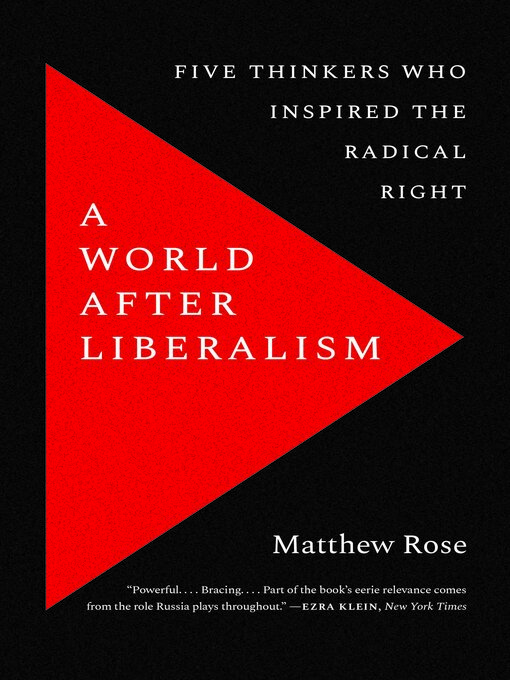- Available now
- New eBook additions
- Most popular
- Try something different
- Canadian Defence Academy Press
- Presses de l’Académie canadienne de la Défense
- See all ebooks collections
- Available now
- New audiobook additions
- Most popular
- Try something different
- See all audiobooks collections

